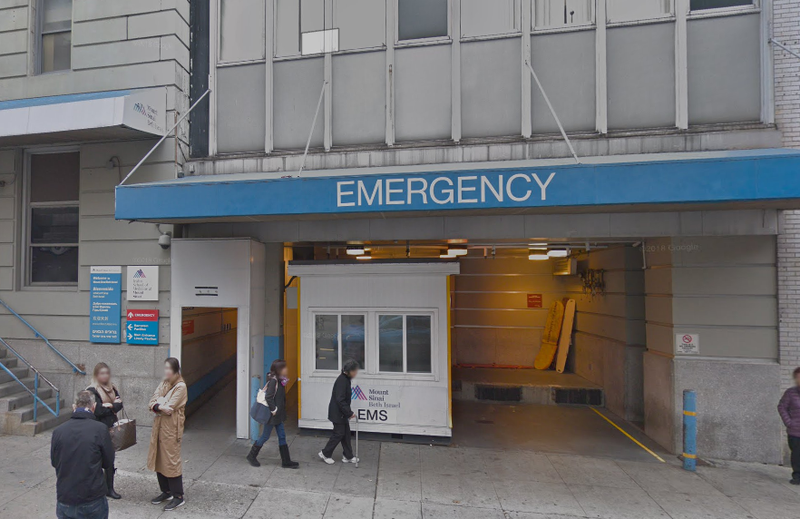
NEW YORK (1010 WINS/WCBS 880) – The president of Mount Sinai Beth Israel in Gramercy wrote a letter to the New York State Department of Health announcing her intention to close the hospital by next summer, a plan that would shut the doors to one of the last hospitals serving lower Manhattan.
The decision was framed as a financial one, with Elizabeth Sellman, President and Chief Operating Officer of Mount Sinai Beth Israel and Downtown, acknowledging that the hospital’s projected losses for this year will be $150 million.
According to Sellman, “care is moving away from large inpatient facilities towards more flexible, community-based models, either on an outpatient basis or outside of the hospital altogether,” citing Beth Israel’s 2023 year-to-date overall census of 28% to make her point.
In the letter, addressed to Kathleen Gaine, Deputy Regional Program Manager at the New York State DOH, Sellman asks for the guidance and help of the DOH and commits to working with the community as it gradually closes the campus.
The letter provides an expected closing date of July 12, 2024.
The hospital originally announced plans to close in 2016, and local officials, like Assemblyman Harvey Epstein, fought to keep it open.
“It was really disappointing and disheartening to know all this work that we put together to keep Beth Israel open, now they’re just going to try to close it again without real public participation,” Epstein, who represents the area, told 1010 WINS/WCBS 880.
Sellman’s letter assures Gaines that Beth Israel is “not abandoning the downtown community,” and acknowledges the opening of the Mount Sinai Behavioral Health Center at Rivington, investment in the Mount Sinai Union Square medical office and urgent care and “millions” in investments for outpatient and ambulatory resources.
Despite these efforts, Mount Sinai Beth Israel remains one of the only emergency rooms to serve lower Manhattan, particularly the east side.
“The Bellevue again is on 30th street, that’s, for people who live in the Lower East Side or lower Manhattan, that’s not accessible,” Epstein said regarding emergency access.
Epstein hopes to meet with hospital leadership to find a way to keep Beth Israel open, or, at minimum, open a smaller facility with an ER.
The majority of Beth Israel’s staff are unionized and would be able to relocate within the Mount Sinai Health System if the hospital was closed, and Sellman said that Mount Sinai would “make every effort to find new positions for any non-bargaining-unit employees.”
